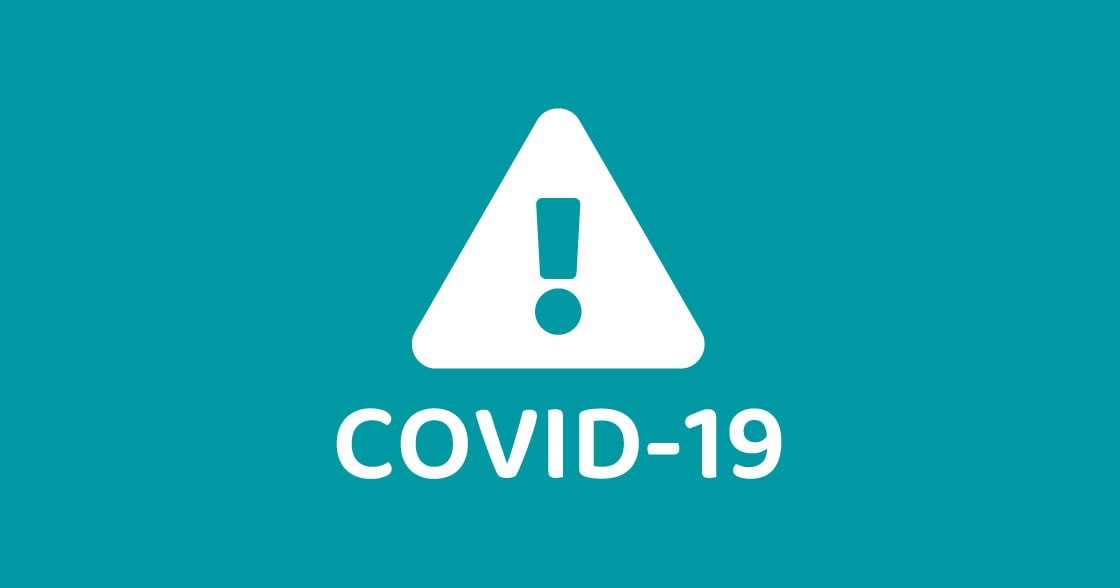
Canterbury DHB is committed to continue to work to make it easy for staff to do the right thing when it comes to the effective use of PPE
Please attribute to Dr Josh Freeman, Clinical Director of Microbiology at Canterbury DHB
What really matters is how PPE is used, what is appropriate for the work being carried out and how comfortable staff feel wearing the various options available to them.
We know that COVID-19 is spread via droplets and contact and a higher level of protection is warranted when staff are carrying out ‘aerosolising procedures’ such as intubation, and non-invasive ventilation. During these procedures a higher spec mask should be worn such as an N-95 as they filter out aerosols.
Regular surgical masks are recommended by both the World Health Organization and the Ministry of Health for healthcare workers caring for people who are suspected of having or have tested positive to COVID-19. These masks are have a long track record of effectiveness and are used when caring for patients with a wide range of infectious diseases.
Surgical masks should be removed and replaced with a clean dry mask as soon as they become damp. A damp, soggy surgical mask is not effective, and we know that in a busy and demanding work environment it can be difficult for staff to stop what they are doing and change their PPE, but this is so important.
To encourage safe use of PPE we have increased our efforts to remind staff to change PPE regularly and have a plan to add ‘PPE Champions’ to the teams working in both the isolation ward at Burwood and Rosewood Rest Home to check that PPE is being worn correctly and importantly that it is removed safely to minimise the risk of cross-contamination.
Canterbury DHB is committed to continue to work to make it easy for staff to do the right thing when it comes to the effective use of PPE.
From today we are offering some alternative PPE options for staff working with the psychogeriatric dementia patients in Burwood – this includes visors for those who want to wear them and N-95 masks for those who feel more comfortable with the fit of the N-95 mask rather than a surgical mask. For some people, it’s possible the N-95 mask may be less prone to becoming damp but this remains to be seen. Note: the N-95 masks are not needed for clinical reasons as no aerosolising procedures are carried out in that ward. The visors are an option for those who find goggles uncomfortable.
A question regarding the use of disposable shoe covers and hair covers has been raised. In response: these are not recommended by the World Health Organization or the New Zealand Ministry of Health. One of the reasons for this is that the more elaborate the PPE, and the more different components there are, the greater the risk is of contamination during the doffing (taking off) process.
Evidence shows that during the Ebola outbreak, a common cause of healthcare workers contracting the disease was by self-contamination when removing their PPE, which is why more is not always better.
Canterbury DHB is 100% committed to ensure the health, safety and wellbeing of its staff and patients through the effective use of personal protective equipment. It is however important to remember that PPE is one form of protection. Other staff actions are equally important to ensure their own and their patient’s safety, such as regular hand hygiene (the 5 moments), sound environmental cleaning practices and appropriate waste disposal.
ENDS

